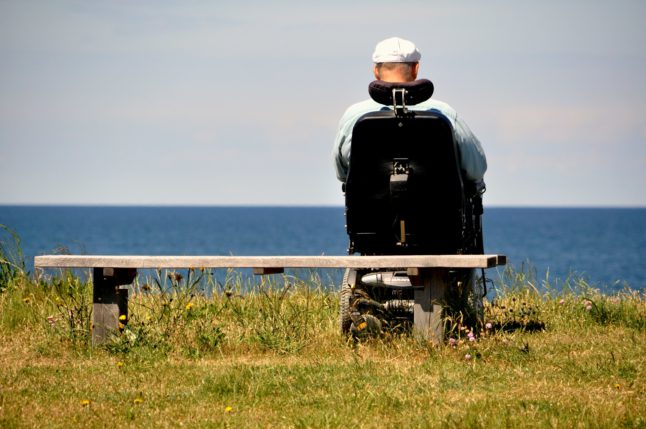The Ministry of Health, along with representatives of each autonomous community in Spain, decided at the Interterritorial Council of the National Health System (CISNS) on Friday June 23rd that it would no longer be mandatory to wear masks in hospitals, pharmacies and other clinical settings.
Spain dropped the mask rule on public transport in February 2023, but since the very early days of the pandemic in 2020, they have been required in health centres, hospitals and clinics.
Where will masks no longer be mandatory?
You will no longer need to wear a mask when you visit these places:
- Pharmacies
- Physiotherapy clinics
- Dental clinics
- Health centres
- Nursing/Care homes
- Hospitals
Are there any places where masks are still required?
Yes. Spanish Health Minister José Miñones has confirmed that the use of masks will still be required in areas with vulnerable patients and some places where they were mandatory before the pandemic too. These include:
- Operating rooms
- Intensive care units
- Areas where there are immunocompromised patients
- Cancer wards
- Emergency rooms
When will it enter into force?
This measure was expected to be approved by the Spanish Cabinet on Tuesday, June 27th and enter into force the next day on Wednesday, after its publication in the Official State Bulletin (BOE). But on Monday Spain’s Health Minister said the date would have to be pushed back as the matter wouldn’t be addressed in the Spanish cabinet on Tuesday, adding that mask removal in hospitals and health centres will happen “as soon as possible”.
Masks first became mandatory in all indoor and outdoor spaces in Spain in May 2020 as the country emerged from a two-month national lockdown in the early days of the Covid-19 pandemic.
The outdoor mask rule was scrapped in February 2022 and in April 2022 it was the turn of the indoor mask rule, with the only exceptions being health centres, care homes and pharmacies.



 Please whitelist us to continue reading.
Please whitelist us to continue reading.
Member comments